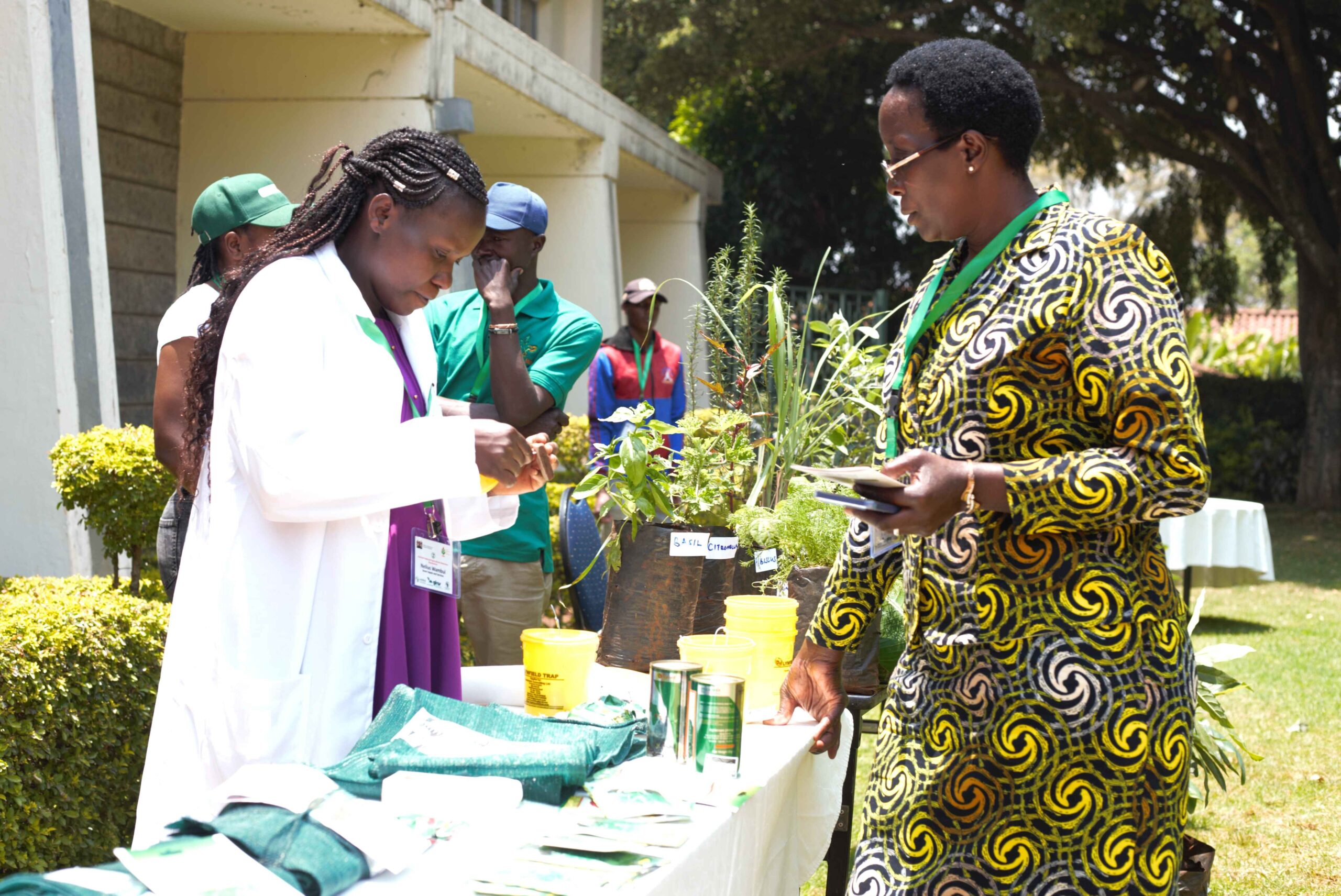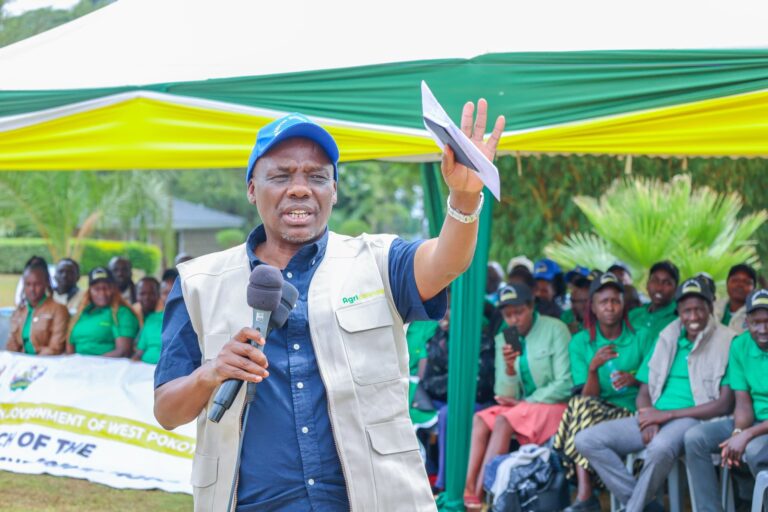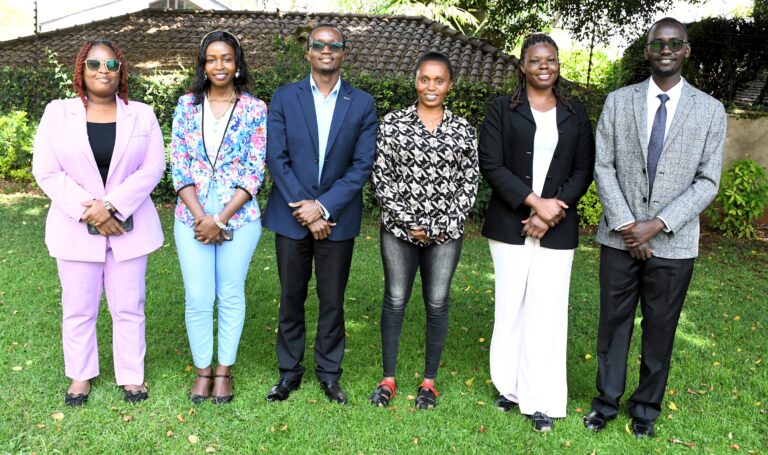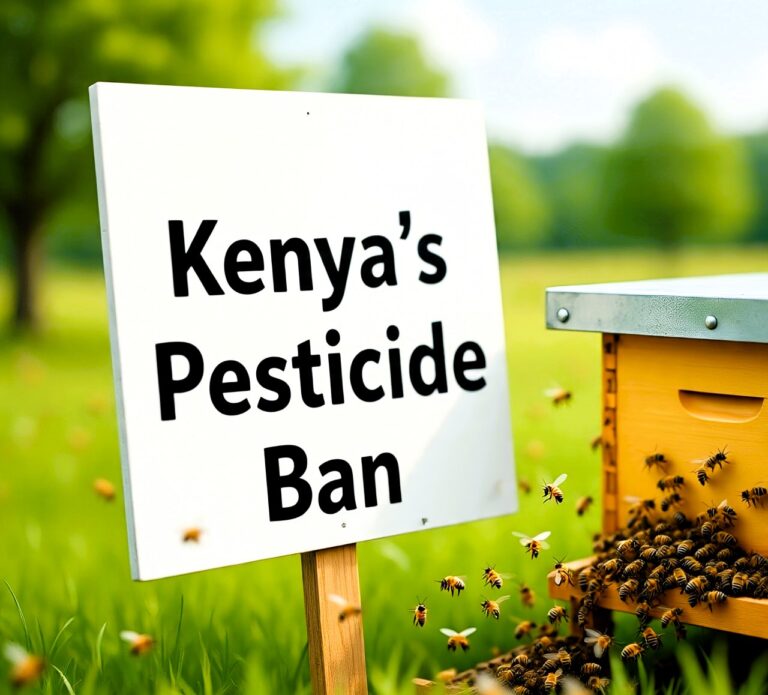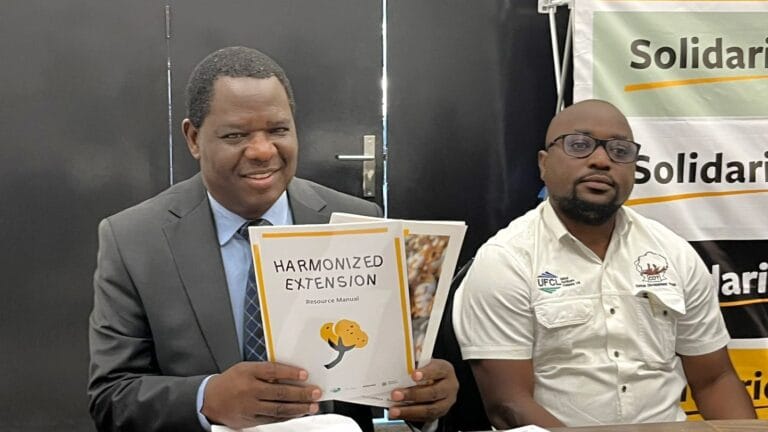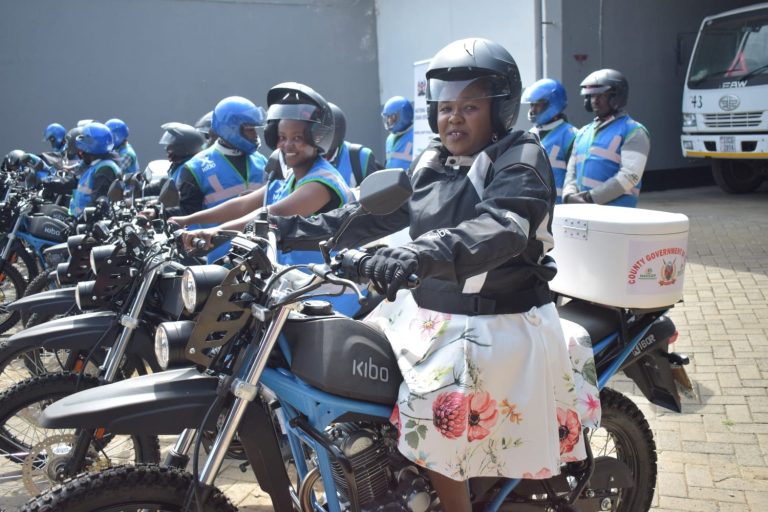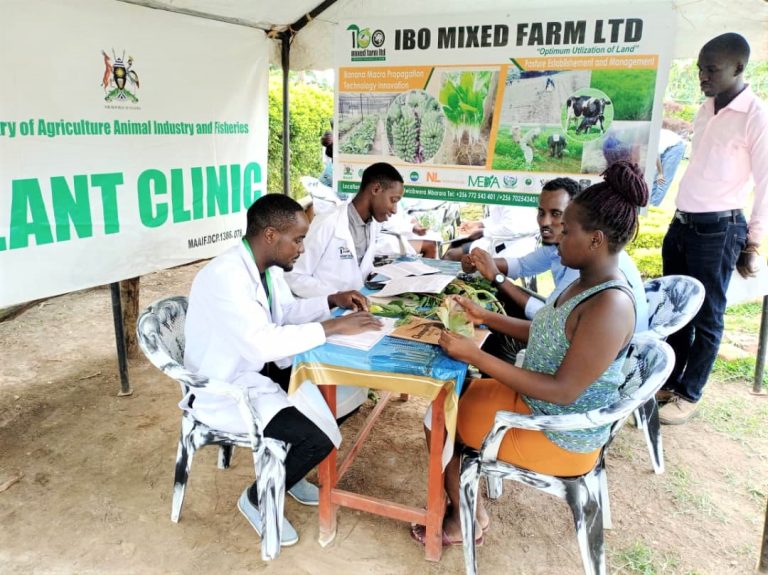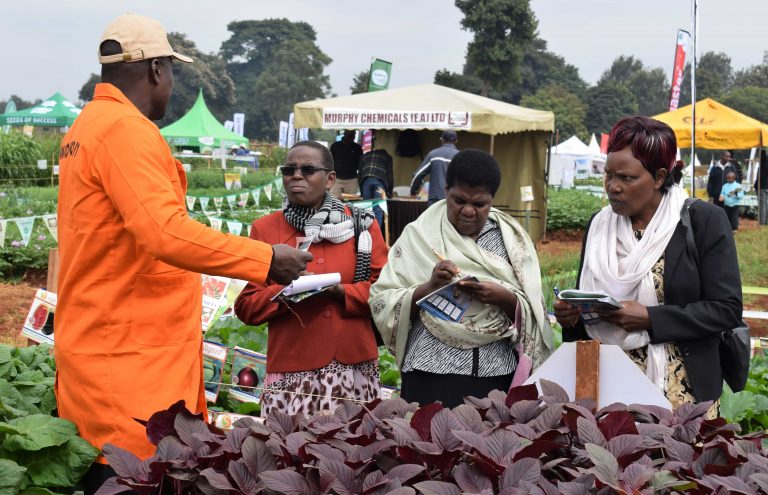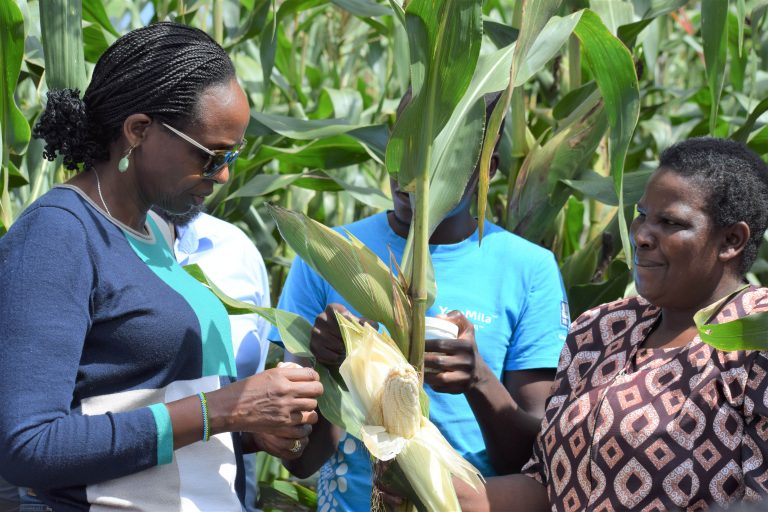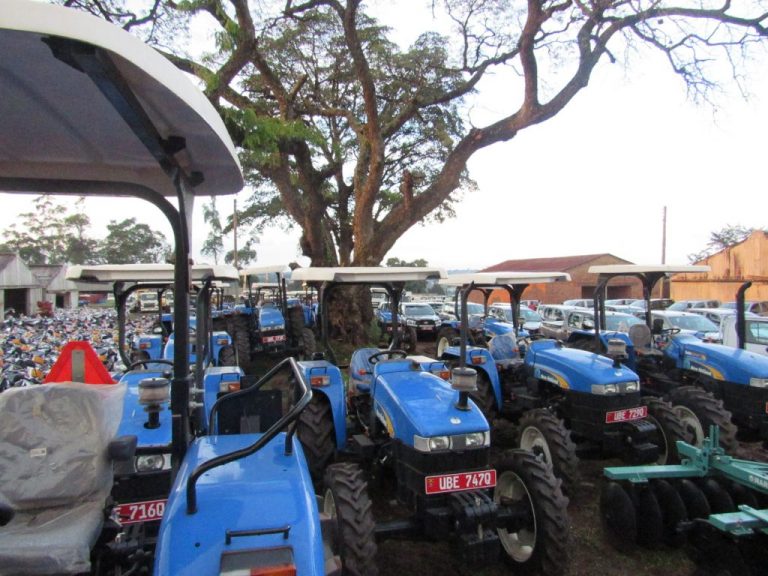By Kimuri Mwangi
The Forum for Agricultural Advisory Services – Kenya (KeFAAS) held its National Agricultural Extension Conference on 16th and 17th September 2025 in Nairobi, rallying stakeholders to embrace coordinated approaches in agricultural extension.
The conference, convened under the theme “From Silos to Systems: Strengthening Agricultural Extension Systems through Collective Actions towards Sustainable Food Systems,” brought together policymakers, researchers, extension officers, farmer organizations, and private sector actors.
Sub-themes included digital transformation in agriculture, inclusion of youth and women in extension, regenerative and circular innovations, and co-creation of policies and partnerships for integrated extension.
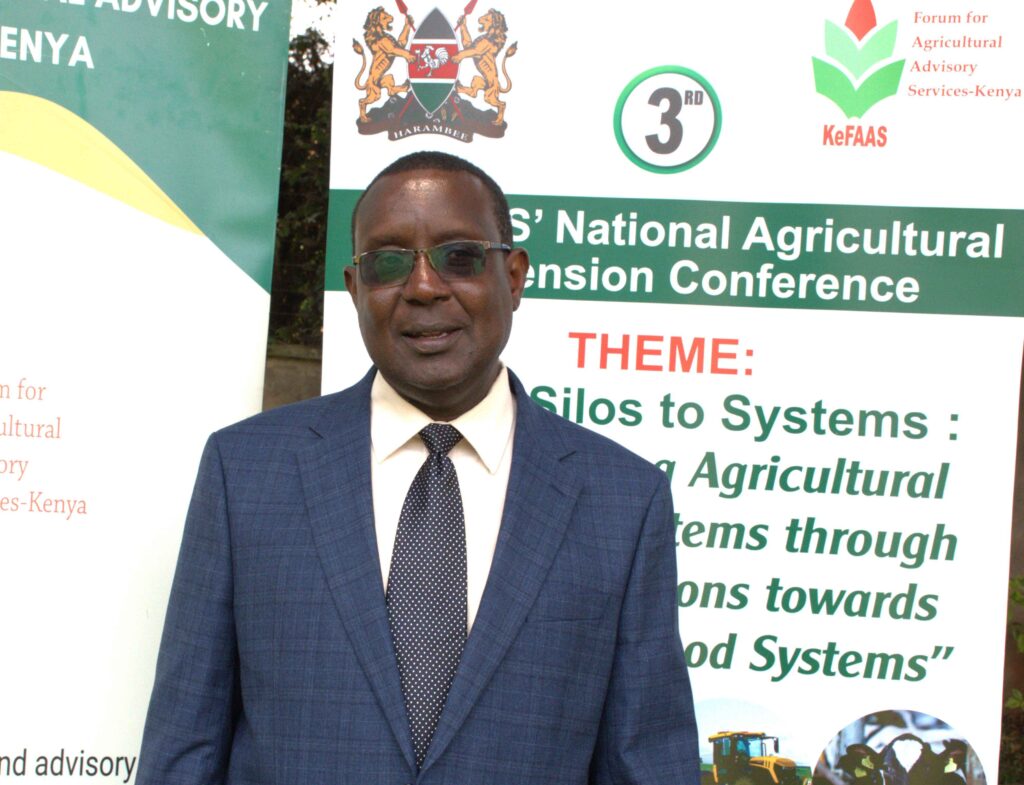
Peter Mwangi, Country Focal Person for KeFAAS, emphasized the urgency of breaking fragmentation in the sector.
“Today we are here for the third National Extension Conference, where we are discussing the issue of moving from silos to a system, and that is because in the agriculture sector, different actors have been doing different things, which we are not coordinating and talking to each other. So today we are here to see how we can be able to really break down those silos and then we can be able to operate as a system,” he said.
Mwangi explained that the meeting, supported by AFAAS, AGRA, One Acre Fund and KeFAAS, was designed to foster collaboration. “Moving from silos to a system means that we have so many stakeholders in the agriculture sector who have been doing different things, but these things are not coordinated. So you find that there is a lot of information which is not flowing among all the actors and as such the farmers are not able to take advantage of all the available innovations,” he noted.
He added that coordination would enable farmers to benefit from the “entire system, rather than working in small pockets in different areas.”
Dr. Lilian Lihasi, Executive Director of the African Forum for Agricultural Advisory Services (AFAAS), said the future of extension lies in systems thinking. “For many years, technologies have been developed, and we keep asking ourselves, we are all partners in extension and advisory service, we are all agriculturalists, but why do we talk about insufficient food? Why do we talk about less adoption? It’s because each of us has worked in our own way, and that’s why we talk about it; it’s time for us to move from silos to systems thinking,” she said.
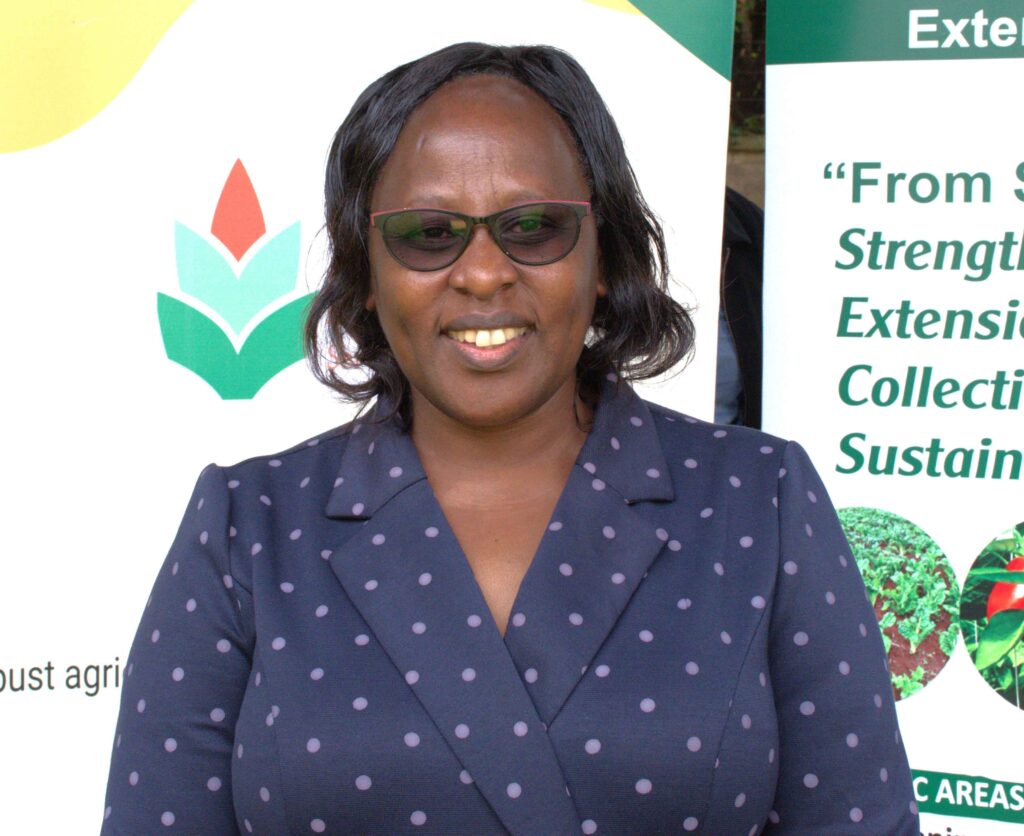
Dr. Lihasi stressed the importance of collaboration across sectors. “By coming together as a system, we’ll all come back together as partners to collaborate, to deliver in one voice, and we will minimise duplication, we will minimise fatigue,” she explained.
She also called for empowering youth and women, who are central to agricultural transformation. “Our women are the major farmers. Many times, we are talking about the farmer, and we are talking about the man. But who is currently on the farm? It’s the women. Are we able to empower them to do what they know best? Are we able to engage them in extension and advisory service?”
Leonard Kubok, Deputy Director in the Crop Resources Management Division at the Ministry of Agriculture and Livestock Development, highlighted challenges facing extension at the county and national levels. “We have had a myriad of challenges, impacting on delivery of extension services in Kenya, tens and tens of them. But the highlight is on our capacity in terms of personnel, infrastructure and equipment,” he said.
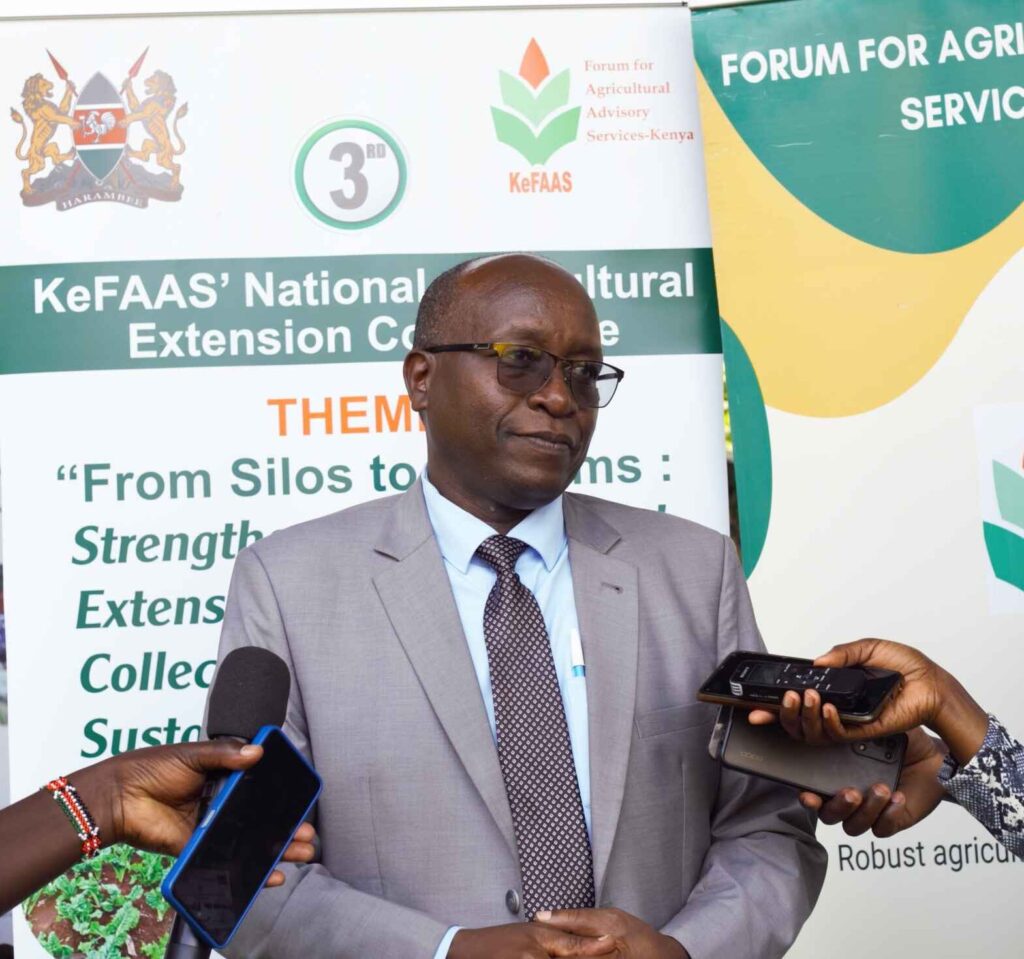
Leonard noted that extension workers are ageing, with limited recruitment of young professionals due to budget constraints. “If you don’t have an energetic, purpose-driven extension worker, the farmers will not have an extension service, and agriculture is very dynamic. Within a very short time, things change,” he said.
He pointed to the Kenya Agricultural Sector Extension Policy 2023 (KASEP) developed by the government as a framework to revive research-extension-farmer linkages and address inclusivity gaps, particularly for youth, women, indigenous people, and resource-poor farmers.
Speakers agreed that strengthening agricultural extension requires dismantling fragmented approaches and creating unified systems that respond to farmers’ needs. With agriculture contributing over half of Kenya’s GDP directly and indirectly, participants stressed that extension services must be prioritized to ensure food security, climate resilience, and inclusive growth.
As Mwangi concluded, “If you can operate as a team, then you’ll be coming together as a package for the farmers so that the farmer can benefit from the entire system.”


